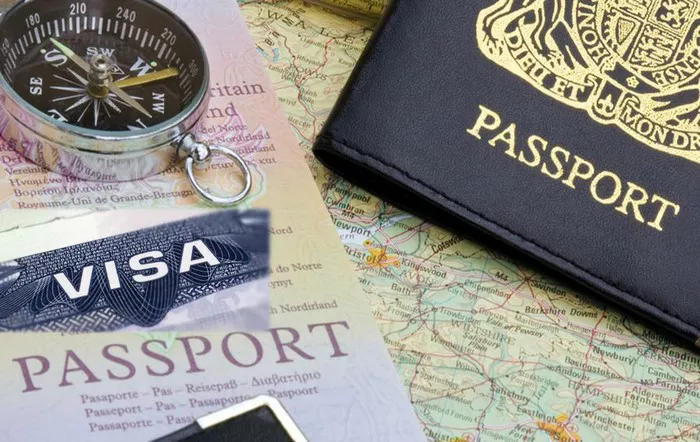The journey towards marriage often involves navigating legal pathways, especially when partners hail from different countries. For many, the fiancé visa becomes a crucial bridge, allowing couples to unite in matrimony despite geographical barriers. However, a fundamental question persists: how long does a fiancé visa last? In this comprehensive guide, we delve into the intricacies of fiancé visas, exploring their duration, renewal processes, and implications for couples embarking on the path to marriage across borders.
Understanding Fiancé Visas
A fiancé visa, often referred to as a K-1 visa in the United States, is a non-immigrant visa that permits a foreign national to enter the country for the purpose of marrying a U.S. citizen within a specified time frame. This visa is designed to facilitate the union of couples who plan to settle in the United States permanently. While the specifics may vary depending on the country of origin and the destination country’s immigration laws, the overarching principle remains consistent: to enable couples to legally marry and initiate the immigration process for the foreign partner.
Duration of a Fiancé Visa
One of the primary concerns for couples considering a fiancé visa is its duration. Typically, a fiancé visa allows the holder to enter the destination country for a limited period, during which they are expected to marry their sponsoring partner. In the case of the K-1 visa in the United States, the initial validity period is usually 90 days from the date of entry into the country. Within this timeframe, the couple must solemnize their marriage in accordance with the laws of the state where the wedding takes place.
Factors Affecting Visa Duration
While the initial validity period of a fiancé visa is fixed, certain factors can influence its duration and the subsequent immigration process for the foreign partner. These factors may include:
1. Processing Time: The duration of the visa process, from application submission to approval, can vary depending on various factors such as the workload of immigration authorities, completeness of documentation, and potential delays in the review process.
2. Travel Restrictions: External factors such as travel restrictions, border closures, or pandemic-related measures can impact the ability of the foreign partner to enter the destination country within the designated timeframe, thereby affecting the validity period of the visa.
3. Legal Requirements: Compliance with legal requirements, such as obtaining marriage licenses, fulfilling pre-marital counseling obligations, or meeting specific criteria set forth by immigration authorities, can influence the timeline for marriage and, consequently, the duration of the fiancé visa.
Renewal and Extension Options
In certain circumstances, couples may find themselves in need of extending or renewing a fiancé visa due to unforeseen circumstances or delays in the marriage process. While fiancé visas are typically not renewable or extendable, exceptions may be granted in rare cases where compelling reasons exist, such as medical emergencies, legal proceedings, or other extenuating circumstances beyond the couple’s control.
In the United States, if the 90-day validity period of the K-1 visa expires before the marriage takes place, the foreign partner must depart the country, and the couple may need to explore alternative immigration options, such as reapplying for a fiancé visa or pursuing a spousal visa after marriage.
It is crucial for couples facing such situations to seek guidance from immigration authorities or legal professionals specializing in immigration law to explore available options and ensure compliance with relevant regulations.
Implications of Overstaying
Overstaying the validity period of a fiancé visa can have serious repercussions for the foreign partner, including potential bars on reentry, deportation proceedings, and adverse effects on future immigration applications. It is essential for couples to understand and adhere to the terms and conditions of the fiancé visa to avoid legal complications and safeguard their immigration prospects.
Conclusion
In conclusion, the duration of a fiancé visa is a critical aspect of the immigration process for couples intending to marry across borders. Understanding the timeframe, adhering to legal requirements, and planning accordingly are essential steps in navigating this pathway successfully. While the initial validity period of a fiancé visa is finite, couples can take proactive measures to ensure timely marriage and compliance with immigration regulations, thereby laying a solid foundation for their future together in the destination country.


